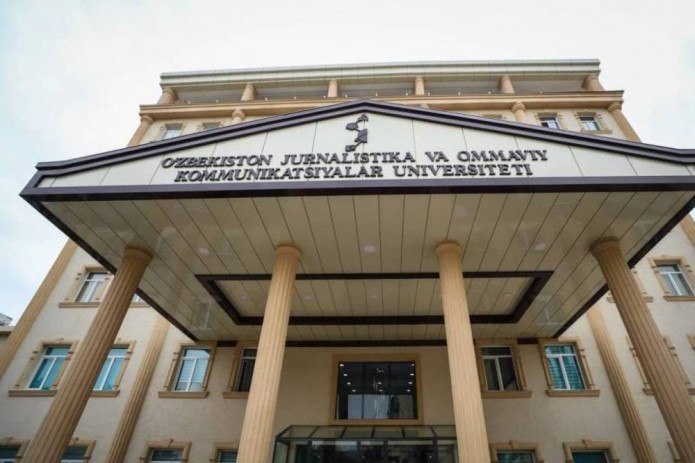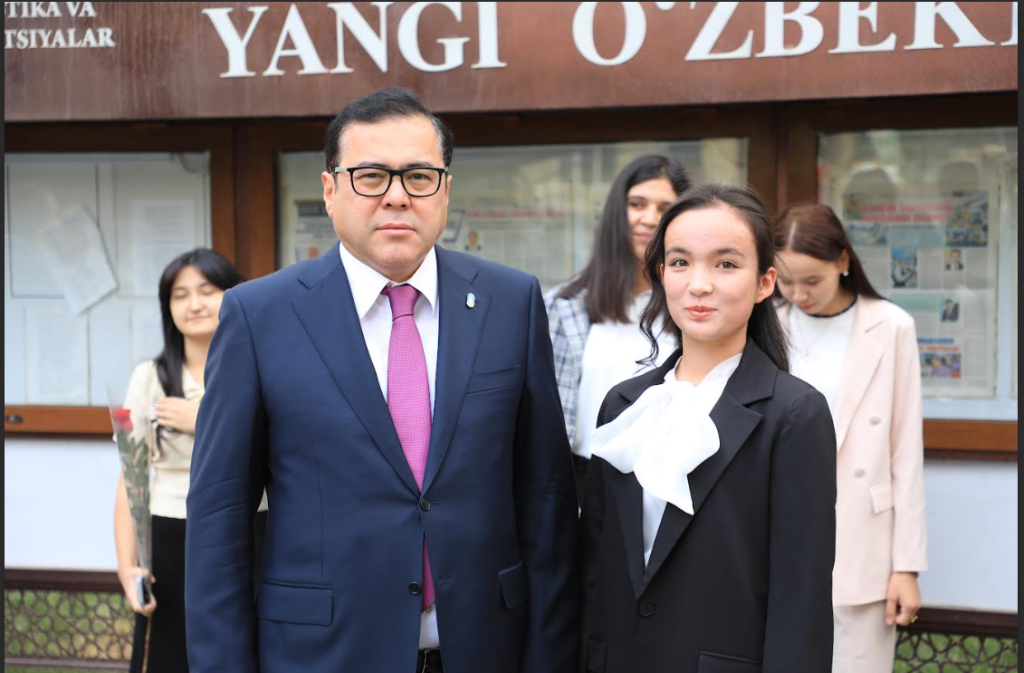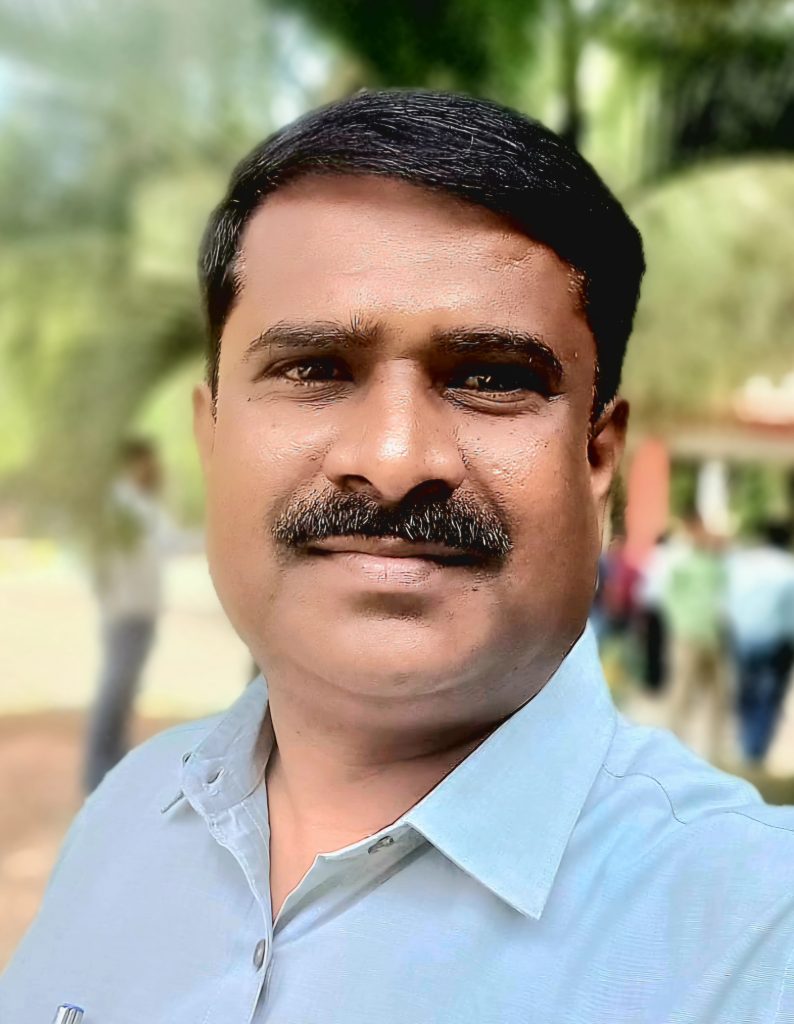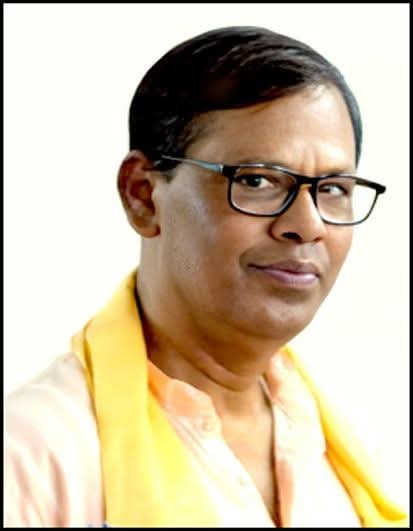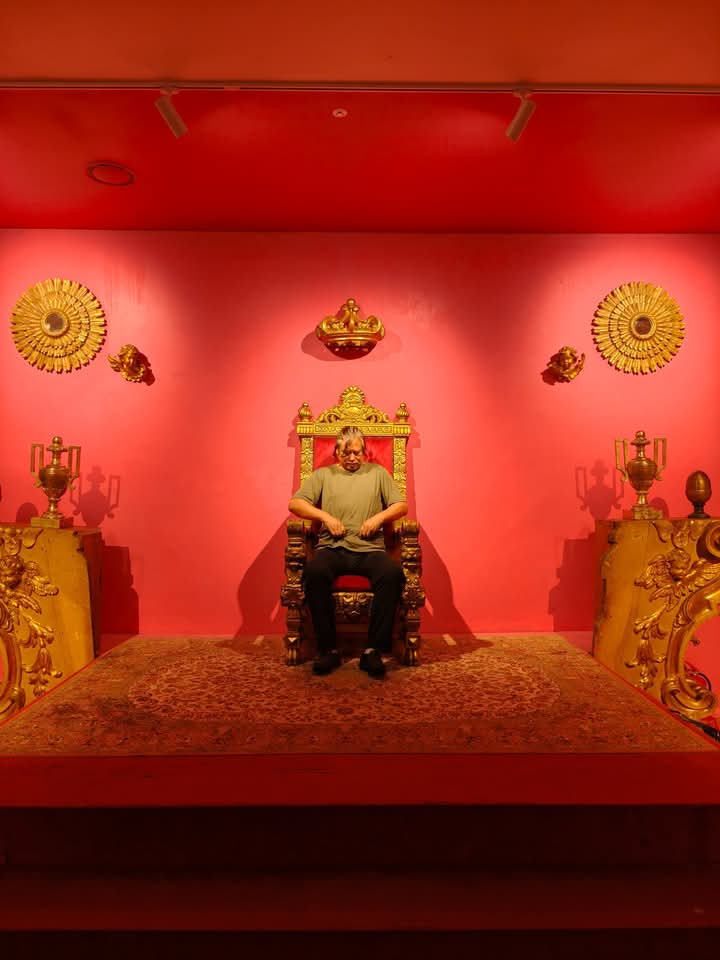My impressions from Erkin Vohidov’s epic poem “Rebellion of Souls”
“Rebellion of Spirits” is a work written by Erkin Vahidov, a prominent representative of modern Uzbek literature. It is an epic poem about the Bengali poet Kazi Nazrul Islam. The work is composed of several legends and parts, which narrate the lives of characters who lived in different historical periods.
The poem is dedicated to the heroic and tragic fate of the fiery Bengali poet Nazrul Islam, who lived and worked in the first half of the last century. Nazrul Islam’s bitter fate served as a means for the poet to express the pain in his own heart. The poem “Rebellion of Spirits” is based on the life of this rebellious Bengali poet. The following lines by Nazrul Islam are used as an epigraph to the epic:
You were born free, forever
Be free!
Regarding the creation of this work, the poet himself says:
“If the task of a writer or poet were simply to narrate the life and adventures of a person, then there would be no easier craft in the world than writing. After all, a creator must artistically analyze the life and fate of their protagonist, and use that opportunity to present their own observations and reflections about life! The fate of my hero, Nazrul Islam, offered rich material in this regard. A difficult period of creative searching began. I had to abandon the initial draft of the epic, and after many attempts, the current version—presented to readers—emerged.”
Formally, the epic consists of an Introduction, a Tale about Eternity, five chapters, and a Conclusion. Each of the five chapters is divided into different stories and narratives:
In the first chapter: “The Poet’s Heart,” “The Song of Rebellion,” “The Tale of Selflessness”
In the second chapter: “Rebellion,” “The Tale of Ignorance”
In the third chapter: “In Captivity,” “The Tale of Shah Jahan and Aurangzeb”
In the fourth chapter: “Shadows,” “A Tale about Higher Spirits”
The fifth chapter includes: “Freedom,” and “The Tale of Ascetics and Mystics”
When analyzing the parts of the epic in terms of content, the following conclusions can be drawn: In the “Introduction” (Muqaddima), the poet describes human behavior and the turning points in their way of life. He emphasizes that each path has an entrance and an exit. Even life’s hardships can be avoided—but there is one feeling that is impossible to escape.
In the section “The Poet’s Heart,” the writer emphasizes: “The nature of your talent is rebellion.” The “Tale of Selflessness” highlights the bravery of those who did not accept injustice and violence on earth. It presents, for example, the ancient Indian custom of burning a wife along with her deceased husband. At the end of the tale, the poet calls people to fight for truth and emphasizes that one should not fear death on the path of justice.
At the beginning of the “Rebellion” part of the second chapter, the poet introduces it with the words: “Calcutta, 1926.” It depicts a conflict between Hindus and Muslims in Calcutta. Nazrul Islam was wrongly accused of inciting religious hatred, even though it was the invaders who had sparked the conflict. Nazrul’s only “fault” was that he openly spoke the truth to the people and tried to prevent the bloodshed. As a result, he was arrested. This part of the work teaches readers many lessons and encourages them to live with gratitude for the present.
Since the entire poem is dedicated to the memory of Nazrul Islam, the poet does not want to remain a silent observer of the injustices in Nazrul’s homeland. He remembers many others who have also been victims of injustice across the world. He repeatedly emphasizes that it is the ordinary person who suffers the most from the injustice and oppression present in society.
References:
Erkin Vohidov “Rebellion of Souls” – Tashkent. Nodirabegim Publishing House, 2020.
Nizomiddinov A.A. “Interpretation of character and social environment in Erkin Vakhidov’s epic “Rebellion of Souls” – “Central Asian research journal for interdisciplinary studies” 2022.
Norboyeva Sh.J., Ochilova N.U. “Sketches in the Fate of the Poet in the Work ‘Rebellion of Souls'” – “Scientific-Practical Conference of Young Scientists” – pp. 120-122.
Khusniya Sharofiddin qizi Otaboyeva was born in 2004 in a family of intellectuals in the Khonka district of the Khorezm region, Uzbekistan. She is currently a fourth-year student majoring in Primary Education at Urgench State Pedagogical Institute.
She is the author of more than 30 articles and 3 books and has participated in several anthologies and literary almanacs. A recipient of the prestigious Alisher Navoi state scholarship, she has demonstrated academic excellence and a deep commitment to educational and literary pursuits.
Otaboyeva is also the winner of numerous national and international competitions and an official member of various international organizations. She has been honored with multiple international diplomas, certificates, and medals. Her articles have been consistently published in leading journals and newspapers from countries such as Germany, Italy, Poland, Turkey, the United Kingdom, and Argentina.

